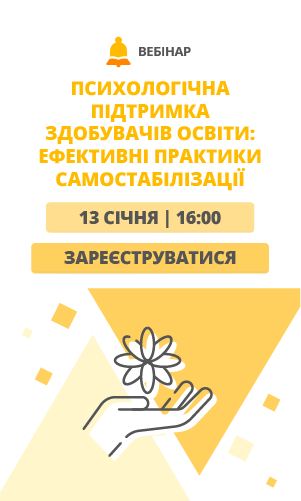Reading about Education System in the UK
Education System in the UK
In the United Kingdom, the education system is divided into a few main stages, and it is important for students and parents to understand how it works. Education is compulsory for children from the ages of 5 to 18. This means that all children must attend school during these years, unless they are being homeschooled.
The first stage is called primary education. Children start this stage at the age of 5 and continue until they are 11 years old. Primary school usually covers two parts: Key Stage 1 and Key Stage 2. During this time, students learn basic subjects like English, mathematics, and science. They also learn about history, geography, art, and physical education.
After primary education, students move on to secondary education, which encompasses Key Stage 3 and Key Stage 4. This phase begins at age 11 and continues until students are 16 years old. In secondary school, education becomes more specialized. Students study a broad range of subjects, including English literature, foreign languages, and advanced sciences. At the end of Key Stage 4, students take important exams called GCSEs (General Certificate of Secondary Education). These exams help determine their next steps in education or work.
Post-16 education in the UK is sometimes called further education. After completing their GCSEs, students have choices. Many choose to study A-levels, which are advanced courses that prepare them for university. Other options include vocational courses or apprenticeships, which provide practical skills for specific jobs.
The final stage is higher education, where students attend universities or colleges. During this stage, they can earn degrees in various fields. The most common qualification is a bachelor's degree, which usually takes three years to complete. Students may also choose to continue their studies to obtain master's or doctoral degrees.
Overall, the education system in the UK offers various paths to help students reach their goals and prepare for successful careers
Task 1. Pick the Right Answer!
1. What is the main focus of the education system described in the text?
A. Preparing students for specific careers
B. Providing a broad, well-rounded education
C. Emphasizing the importance of homeschooling
D. Comparing the UK education system to other countries
2. According to the text, what is the age range for compulsory education in the United Kingdom?
A. 3 to 16 years old
B. 5 to 18 years old
C. 11 to 18 years old
D. 16 to 21 years old
3. Which of the following subjects is not mentioned as being taught during primary education in the UK?
A. Mathematics
B. Science
C. Foreign languages
D. Physical education
4. What is the primary purpose of the GCSE exams taken at the end of Key Stage 4?
A. To determine if students can attend university
B. To prepare students for vocational courses
C. To assess students' progress in secondary school
D. To help students choose their future educational path
5. Which of the following is not mentioned as a post-16 education option in the UK?
A. Studying A-levels
B. Pursuing a vocational course
C. Completing an apprenticeship
D. Earning a master's degree
6. What is the most common degree earned in higher education in the UK?
A. Bachelor's degree
B. Master's degree
C. Doctoral degree
D. Vocational certificate
7. Which of the following best describes the overall structure of the UK education system presented in the text?
A. Highly specialized and career-focused
B. Primarily centred on academic subjects
C. Offering a variety of educational paths
D. Dependent on parental choice and homeschooling
Task 2. Let's discuss
1. What is your opinion about the importance of education in a person's life?
2. How do you feel about compulsory education for children from ages 5 to 18?
3. Did you enjoy primary school when you were younger? Why or why not?
4. What subjects did you find most interesting during your secondary education?
5. Do you think students should have more choices after completing their GCSEs?
6. How important do you believe vocational courses are compared to traditional academic paths?
7. Have you ever considered pursuing higher education, and what field interests you?
8. In your view, how does education prepare students for successful careers?
9. What challenges do you think students face in the current education system?
10. How can parents support their children's education effectively?


про публікацію авторської розробки
Додати розробку
